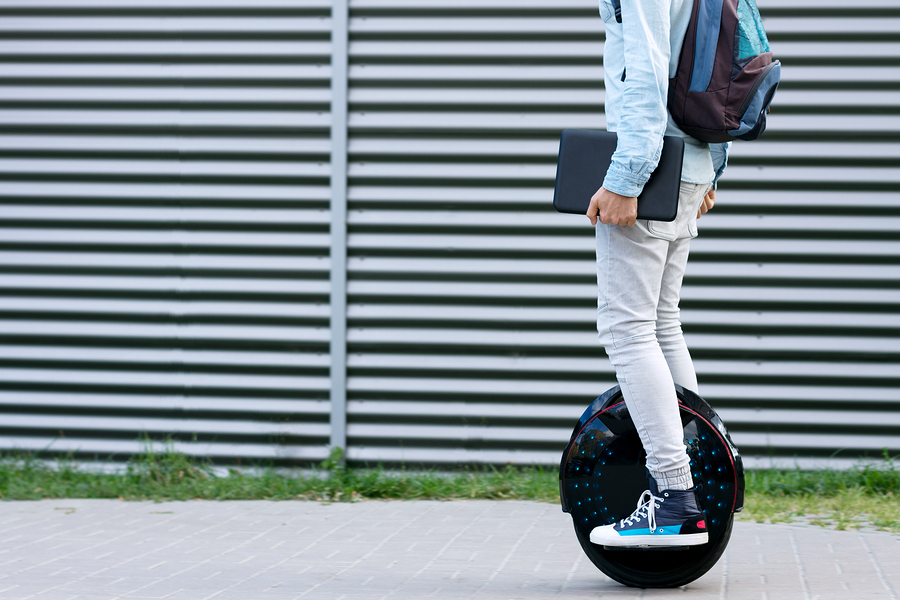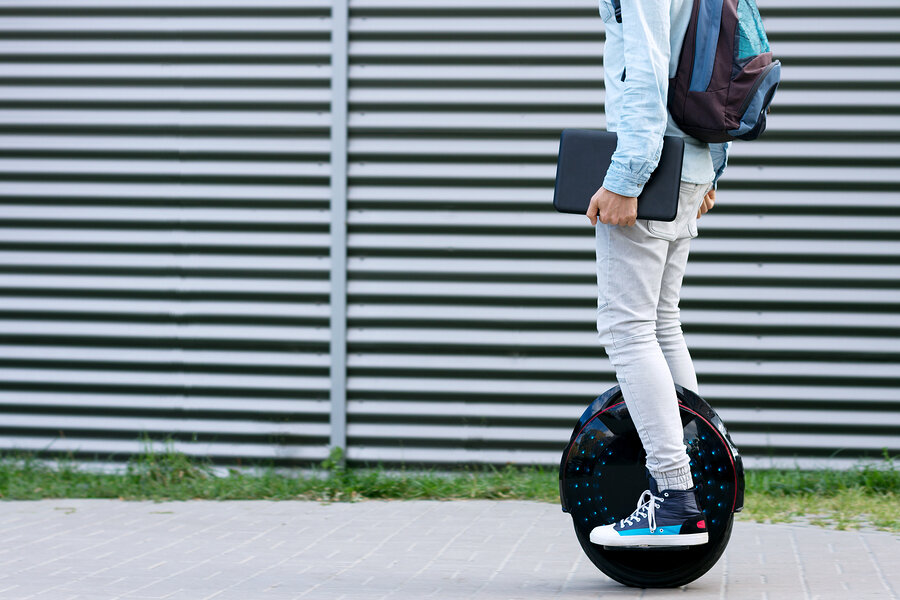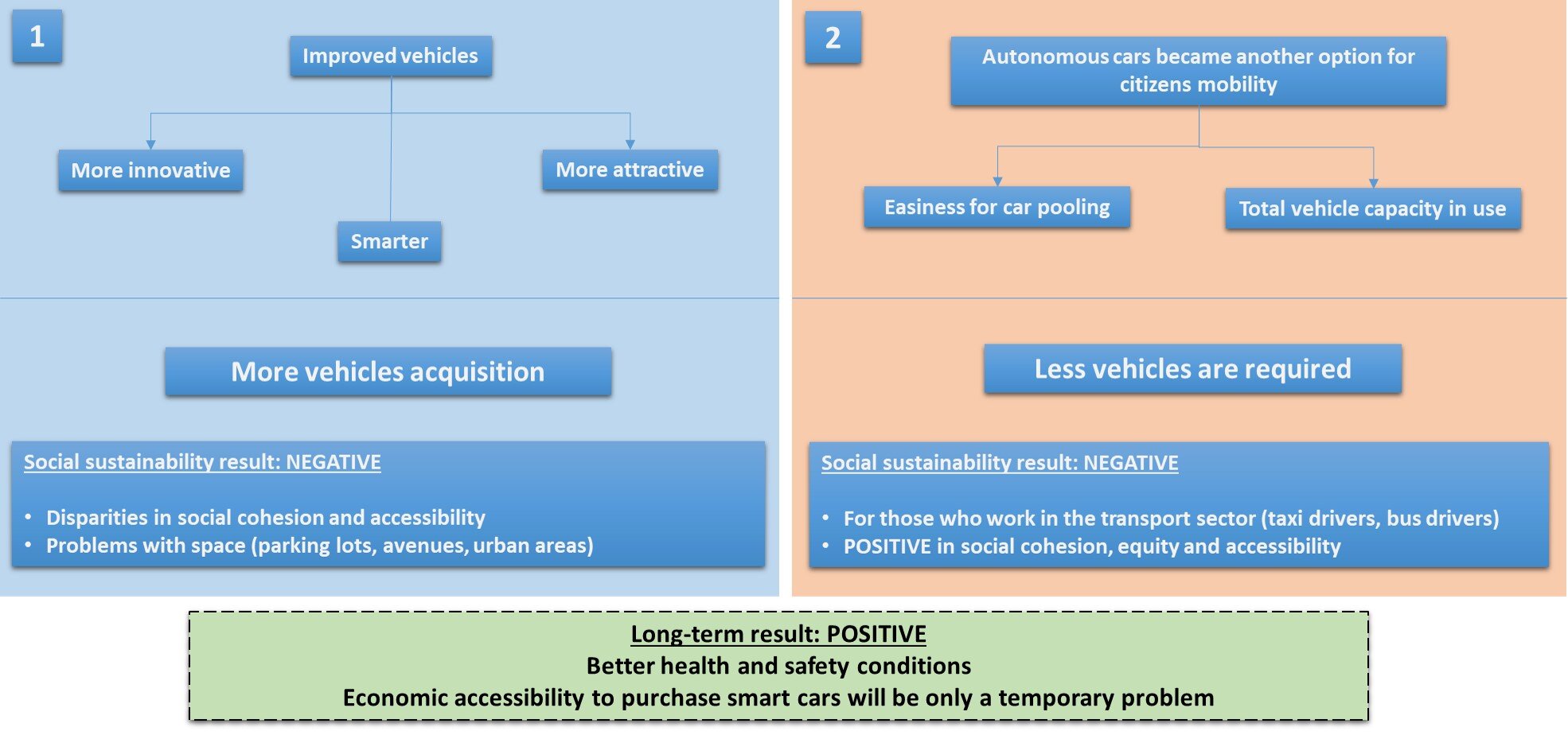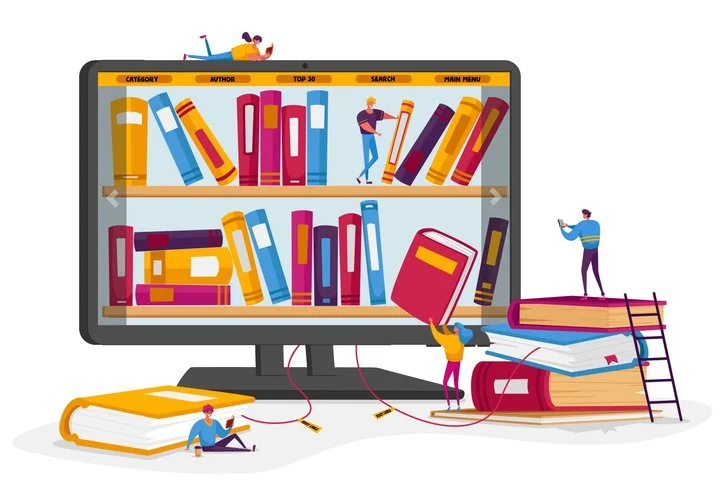“Smart mobility encompasses technological aspects, economic, social, and cultural issues, that cannot be learned without guided and systematic teaching.”
At the beginning of this year, a report was published in a newspaper in the city of Puebla, Mexico, entitled “Pedestrian bridges of the Puebla capital are being disqualified.” The article suggested that these infrastructures “are obsolete, betting on pavement-level crossings” to make the avenues more inclusive. Three months later, a tragic news story in another city in Mexico shook the community, as the members of one family were struck by a speeding car when crossing a busy avenue without precaution and not using the pedestrian bridge. Cases like this frequently happen, placing citizens at a terrible crossroads about what is most convenient for society.
“Smart mobility goes beyond the simple use of Google Maps or Waze to choose the route with the least traffic.”
These and other occurrences are behind the topic of great boon and interest: intelligent mobility (or Smart Mobility in English). But what does this term mean? Where does it come from? How does it affect us? Where is technological advancement directed to have a sustainable city? What alternatives exist to become involved in these issues? This article aims to answer these questions, as well as put the answers in light of a key element of development: open education based on science.
Smart mobility
Sustainable transport space is defined as one that does not impact long-term ecological sustainability, meets basic transport needs, and promotes intra-and inter-generational equity. This concept has evolved towards sustainable mobility and, in the last decade, to intelligent mobility, a more active idea and focused on vehicle technology. It originates from the 1992 UN proposal, where the main environmental issues of traffic, CO2 air pollution, and noise pollution were raised.
Although “smart mobility” has a lot to do with advances in the use of fuels and alternative energies, safety, autonomy, efficiency, control for vehicles or, better said, transport engineering, it also encompasses data processing (vehicle traffic management systems), services (passenger information applications, online ticketing) and mobility alternatives (shared cars, bicycle use, public transportation) used in so-called intelligent cities, in which the use of the internet, rather than an advantage, is part of daily life (Jekkel, 2017). From a social sustainability point of view, intelligent mobility can develop two scenarios, as presented in Figure 1, but with the same long-term advantages.
Figure 1. Social scenarios for the development of intelligent mobility (Own elaboration with information from Jekkel, 2017).
Smart cities
There is no exact definition for a smart city; however, we can talk about its main components: government, mobility, environment, economy, its way of life and people, all interacting through an integrated information system network due to the efficient use of modern technology (Tomaszewska and Florea, 2018). In this context, its inhabitants are constantly on the lookout for improvements in the quality of services, through connectivity, the use of advanced infrastructure (buildings and transport technologies), sensors, and mobile devices. In smart cities, the use of sustainable transport systems is the best development option, and scientific studies demonstrate this, as smart mobility systems also help to improve safety, traffic efficiency, and air pollution in urban centers due to the reduction in CO2 emissions (Tomaszewska and Florea, 2018).
Open education based on science
Smart mobility goes beyond the simple use of Google Maps or Waze to choose the route with the least traffic. In addition to technological aspects, intelligent mobility encompasses economic, social, and cultural issues, which, to have a significant effect on our lives, cannot be learned without a guided and systematic teaching, i.e., science-based education.
In our shift of mindset towards smarter mobility, it is very easy to follow fashionable trends that in a few years, will be forgotten and then resumed. On the other hand, when learning has a scientific explanation for why things happen, it is more convincing and is the engine of our change.
By combining science with education, we can tackle social problems that are controversial and difficult to solve, such as climate change. This inculcates students with genuine interest because it makes lessons relevant to them, giving them skills such as reasoning, systemic thinking, argumentation, and critical thinking; clarifying poorly understood concepts, and motivating their participation in community projects (Monroe and Oxarart, 2019).
Hence, together with other universities in Latin America, professors from Tecnológico de Monterrey adapted studies and scientific research and designed a summer course in intelligent mobility open mainly for professional students in their last years and postgraduate students, but also open to the general public and social actors in government and industry, with the aim to educate about the real problems of climate change confronting.
International summer course on smart mobility
The international summer courses of the RELIEVE (Latin American Network of Energy Efficiency in Vehicles) network are free and open to all audiences, from undergraduate students to professionals of Tecnológico de Monterrey and other institutions and universities. The international summer course is an interdisciplinary model, allowing problems to be examined from different points of view. Summer courses are itinerant, i.e., they are held in a different country each year. This creates a single drawback: the cost of transportation for participants who wish to attend the face-to-face module. However, this has been and can be solved through sponsorships. This year, the Smart Mobility course was held in the City of Cuenca, Ecuador, to discuss issues related to sustainable mobility. It turned out that there was a range of attendees, including students and representatives from the government and business sectors, who came together to interact about a problem that afflicts everyone.
The course was conducted in a hybrid module, i.e., it had a virtual part of four weeks and a face-to-face part of one week. For the virtual module of the course, using simple computers with internet access and common, non-specialized software, international experts from England, Mexico, Peru, Ecuador, Colombia, and Brazil recorded their classes in short videos, which were edited and uploaded to the Moodle platform. On this platform, it was also possible to generate adaptive examinations related to the subject of the course. Adaptive exams allow the instructor to measure the students’ learning level efficiently; from a bank of questions with a specified level of difficulty, the exam can be adjusted to the progress level of the student (Moodle.org, 2019). Remote sessions were also held through the Zoom platform, to promote discussions of topics and answers to questions by teachers who taught the different modules of the course. Interaction with people from other countries at this type of event is an invaluable experience. Only an internet connection is required.
In the face-to-face module of the course, at the University of Azuay (Cuenca, Ecuador), there was interaction among various sectors of society and cultures. There were 15 master teaching lectures and multiple workshops where participants learned by doing and exercising the concepts. These workshops were designed to develop students’ skills related to the course themes, such as routing, statistical data analysis, vehicle monitoring, simulations of traffic and pollution on roads, current poster drafting skills, preparation of presentations, and publication of scientific articles. One of the advantages of the face-to-face module is forming collaborative networks, better known as networking among attendees. “These events, in addition to training, create awareness about the need to implement alternative energies,” was one of the final comments made by one of the more than 250 participants of this year’s course.
We invite readers to keep an eye on the upcoming RELIEVE 2020 Summer Course, which will have its face-to-face gathering in Peru. Finally, by making proper use of technology for education, specifically, open education based on science, we are enhancing the opportunity we have to learn from others and develop skills to make better decisions for the development of smart cities and a future for our society.
About the authors
Olga Patricia Vazquez (paty.vazquez@tec.mx) holds a Ph.D. in Engineering Sciences. She is a research professor in the Energy and Climate Change focus group. His current line of research is Energy Efficiency in Heat Treatment Equipment. She is a co-organizer of the international RELIEVE courses.
José Ignacio Huertas (jhuertas@tec.mx) holds a Ph.D. in Science. He is a research professor belonging to the Energy and Climate Change focus group, manager and executor of research projects and technological development in the area of fuels, combustion, and control of air pollution. He is a co-organizer of the international RELIEVE courses.
References
Jeekel H. 2017. Social Sustainability and Smart Mobility: Exploring the relationship. Transportation Resear
ch Proceedings. 25:4296-4310. DOI: 10.1016/j.trpro.2017.05.254.
Monroe MC, Oxarart A. 2019. Integrating Research and Education: Developing Instructional Materials to Convey Research Concepts. BioScience. 69 (4): 282- 291. DOI: 10.1093/biosci/biz008.
Tomaszewska EJ, Florea A. 2018. Urban smart mobility in the scientific literature – Bibliometric analysis. Engineering Management in Production and Services. 10 (2): 41-56.DOI: 10.2478/emj-2018-0010.
Latin American Research Network on Energy and Vehicles. https://gieccmty.wixsite.com/relievelat
Moodle.org. 2019. Adaptive quiz. Available at: https://moodle.org/plugins/mod_adaptivequiz
This article from Observatory of the Institute for the Future of Education may be shared under the terms of the license CC BY-NC-SA 4.0 
)
)






)
Roman Litvin
Roman Litvin
Roman Litvin